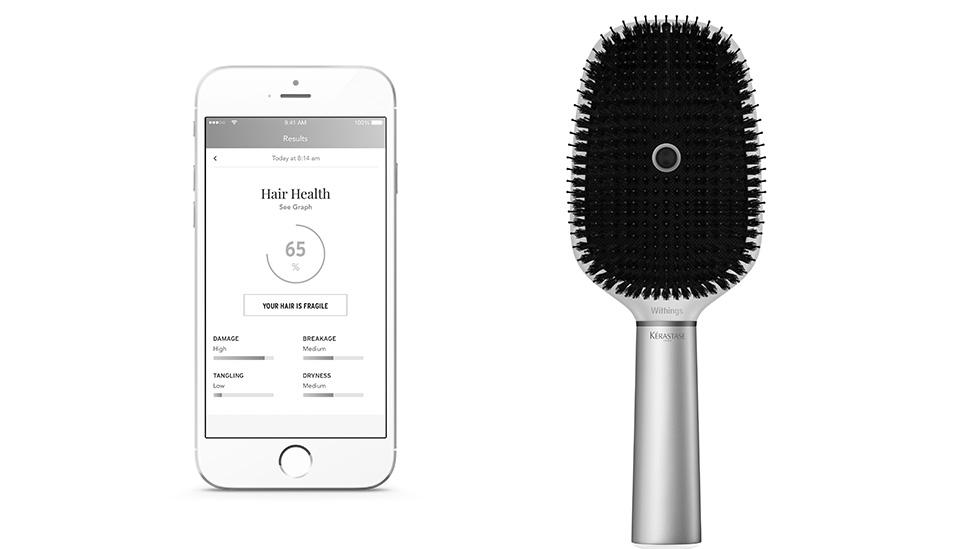Progressive Personalization is a technology framework that completely relies on understanding a customer in terms of their profile, journey to purchase a product and customer behaviour analysis. It require updating customer profiles with all key parameters in real time to create exclusive, relevant shopping journeys that enhance customer experiences & sales.
Instead of relying just on purchase statistics like click, adding to the cart, wishlist etc, Progressive Personalization strongly relies on key parameters like gender, geo location etc of individual shopper to deliver highly relevant content experiences in real time across all digital channels.
Role of IoT in Progressive Personalization
The Health and Beauty industry is a retail segment where one product cannot “fit all.” Most brands repeat the same mistake: they choose to ignore customer’s individual preferences such as the gender, hair type, skin current condition and so on.
– Nhu Le, Founder & CEO at Finding Ferdinand
With the vast use of IoT, AI or machine learning in the retail segment, brands undoubtedly have the biggest benefit, the ability to gain deeper insight into customer behaviour and wellbeing monitoring preferences. All this data works like a backbone to create highly relevant content experiences that increase user engagement & loyalty towards brands.

According to a new report by Grand View Research, the global healthcare predictive analytics market is expected to reach USD 19.5 billion by 2025. Meantime, according to Zebra 2017 Retail Vision Study interviewed 1700 retail decision makers globally and found 70% plan to invest in Internet of Things by 2021.
IoT technology lets brands track exactly what their customers are buying and, in turn, create a much richer and more inspiring experience for consumers, ultimately proving the value of their shared data.
The recent launch of L’Oreal’s smart hairbrush is an example of the industry tapping into the internet of things and embracing connected devices. This hairbrush not only analyses your hair type but gives you insights into manageability, frizziness, dryness, split ends and breakage, recommending products accordingly. It reflect how big brands are creating relevance for their customers using customer data effectively. This not only creates higher engagement but reinforces loyalty towards brands.

Importance of Social Content For Health And Beauty Industry
Social media is highly influential in buying beauty products online. According to a survey by Dove, 30% of women admitted that their purchasing decisions are influenced by social media. Watching a video about a product on YouTube and reading a review on Twitter, to buy online, all this social content inspires shoppers to buy it online. So to meet consumer’s expectations, brands can’t rely on landing pages to be the first and only point of contact but they need to utilise social content in buying journeys, creating inspiring customer experiences across digital channels in real time.
About Knexus
Knexus platform automatically transforms UGC, influencer & brand owned assets into hyper personalized, shoppable content for ecommerce. Move visitors through inspiration to buying! Book a demo.

